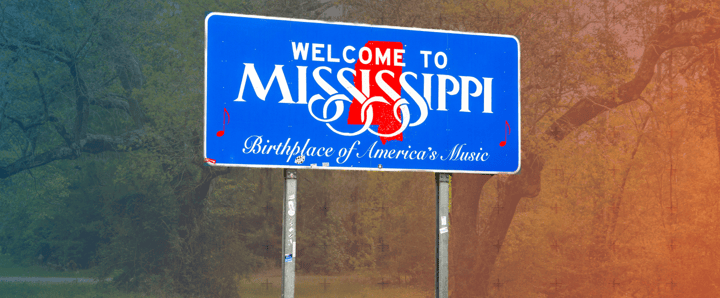Cannabis laws have been evolving across the United States, with many states adopting more progressive measures regarding the use and regulation of cannabis. In this article, we will delve into the cannabis laws in Mississippi, exploring the state's stance on both medical and recreational marijuana, the legal framework surrounding cannabis, and recent developments that have shaped Mississippi's cannabis landscape.
Historical Context:
- To understand the current state of cannabis laws in Mississippi, it is essential to examine the historical context. Historically, Mississippi had strict prohibitionist policies towards cannabis, criminalizing its possession, cultivation, and distribution. However, in recent years, attitudes have begun to shift.
Medical Marijuana:
- In 2020, Mississippi took a significant step forward by passing Initiative 65, a ballot measure allowing the use of medical marijuana. This initiative was supported by an overwhelming majority of Mississippians, reflecting changing attitudes towards cannabis and its potential medicinal benefits. The measure established a comprehensive program that permits patients with qualifying conditions to access medical marijuana.
Medical Marijuana Program Implementation:
- Following the passage of Initiative 65, the Mississippi Legislature passed the Medical Marijuana Implementation Act in 2021. This act outlines the regulatory framework for the cultivation, distribution, and consumption of medical marijuana in the state. It establishes the Mississippi Medical Marijuana Association (M3A) as the regulatory authority responsible for licensing and overseeing various aspects of the program.
Qualifying Conditions and Patient Access:
- Under Mississippi's medical marijuana program, patients with debilitating medical conditions, including but not limited to cancer, epilepsy, multiple sclerosis, and Parkinson's disease, are eligible to receive a recommendation from a licensed physician. The program allows registered patients to obtain medical marijuana from state-licensed dispensaries.
Regulatory Measures and Restrictions:
- While medical marijuana has been legalized in Mississippi, the law includes several regulatory measures and restrictions. These include limitations on possession and cultivation amounts, restrictions on where cannabis can be consumed, and requirements for medical marijuana identification cards for patients.
Mississippi Medical Cannabis Act
The Mississippi Medical Cannabis Act (SB2095) was enacted in February 2022, marking a significant milestone in the establishment of the state's medical cannabis program. Following its passage, the Mississippi Department of Health and Department of Revenue swiftly initiated the licensing process and commenced accepting the first round of license applications starting from June 1st, 2022.
Sales Limitations
Possession and purchase limits are calculated based on "Medical Cannabis Equivalency Units" (MCEUs) of 3.5 grams of flower, up to 100 mg of THC in infused products, and up to one gram of concentrate.
- Patients may not purchase more than six MCEUs in a week (21 grams, which is less than 3/4 ounce).
- Patients may not purchase more than 24 MCEUs in a month (84 grams, which is less than 3 ounces).
- Patients may not possess more than 28 MCEUs at one time (98 grams, which is less than 3.5 ounces).
- Flower cannot exceed 30% THC.
- Tinctures, oils, and concentrates may not exceed 60%.
- Patients could not smoke or vaporize cannabis in a motor vehicle or in public.
- Patients and caregivers are not allowed to grow their own cannabis.
- Minors only qualify with their parent or guardian’s consent and control of cannabis administration and dosage.
- Patients under 21 cannot enter a dispensary without their parent or guardian.
- Patients may not drive, operate a boat, train, or aircraft, or undertake any task that would be negligent or entail professional malpractice while under the influence.
- The bill does not require insurance or state plans to cover medical cannabis.
- The bill does not require any employer to allow patients to use medical cannabis or prevent them from requiring drug testing.
- The bill appears to allow landlords to ban tenants from using medical cannabis at home.
- Cardholders and medical cannabis establishment staffers who divert cannabis can have their ID cards revoked, in addition to facing felony penalties.




